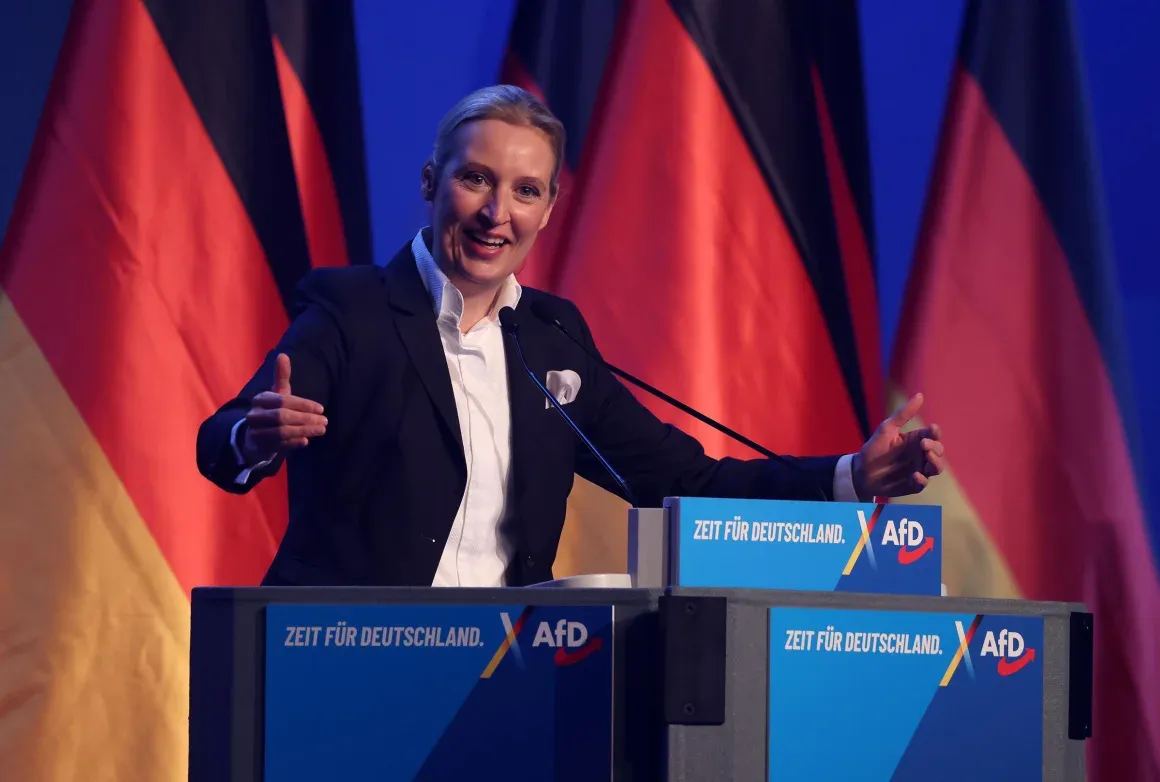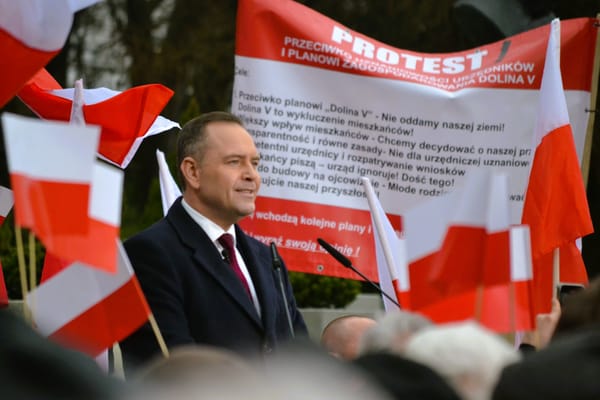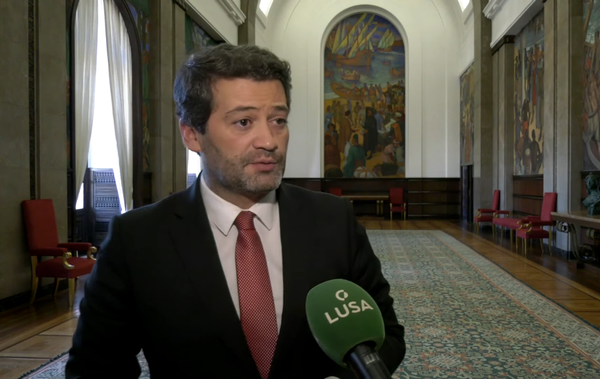AfD leads as chancellor Merz loses ground
Germany’s political landscape is tilting. A new poll by the Forsa Institute places the Alternative for Germany (AfD) ahead of Chancellor Friedrich Merz’s ruling bloc, exposing the deep discontent many Germans feel toward the establishment’s failures.

AfD surges — CDU/CSU declines
The survey shows AfD at 27 %, while Merz’s CDU/CSU bloc has slipped to 24 % — a full point drop. The Social Democrats (SPD) hold steady at 13 %, Green Party climbs slightly to 12 %, and other left and liberal parties remain stagnant.
Critically, Merz’s personal approval is faltering: only 26 % of those polled say they are satisfied with his performance — a two-point drop. Among CDU faithful, 64 % still support him, but even there cracks show. Most telling: 95 % of AfD voters expressed dissatisfaction with Merz.
This shift is not simply a protest swing — it is rejection of centrist failures and liberal orthodoxies that have strained national identity, overpromised on open borders, and drifted from the core concerns of ordinary citizens.
AfD’s message — tougher immigration control, defense of culture, sovereignty over Brussels mandates — resonates now more powerfully because many feel their leaders have abandoned those very duties.
The stakes going forward
If these polls hold, Germany may be heading toward a seismic realignment. AfD’s rise threatens to displace the old party structure. The CDU/CSU’s waning support shows that conservative elites can no longer rely on inertia.
European institutions should take note: Germany may soon produce a government far less willing to abide by technocratic mandates from Brussels, especially on migration, security, and sovereignty.
Europe is entering a moment of truth. The question now is: will Germany continue following the globalist script? Or will it rise again — unbowed, determined, and acting in the interest of its people?





